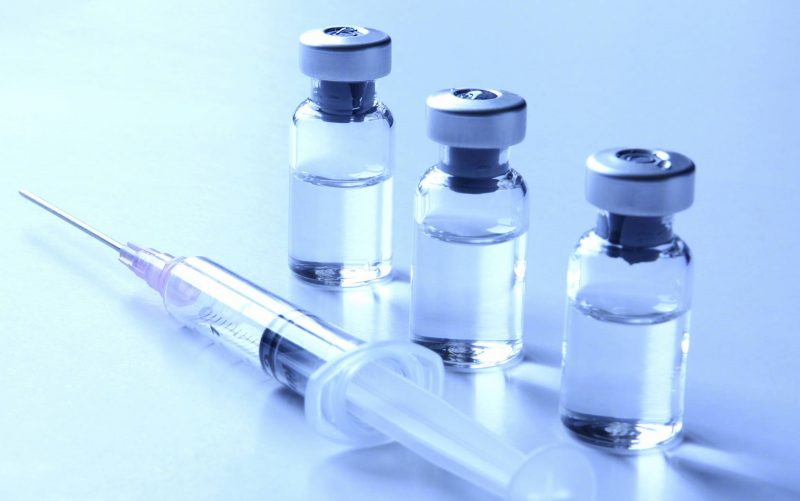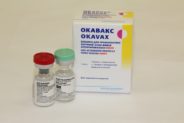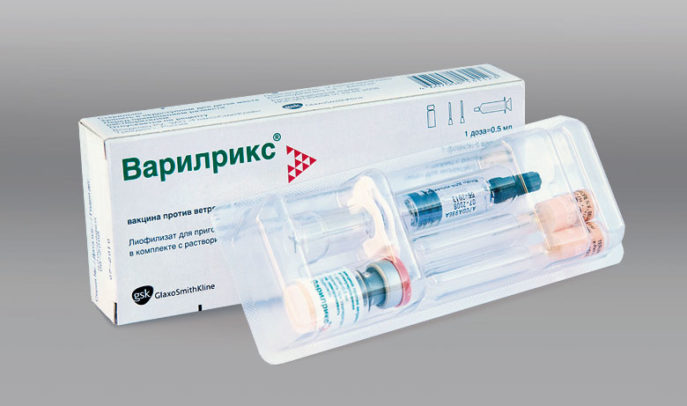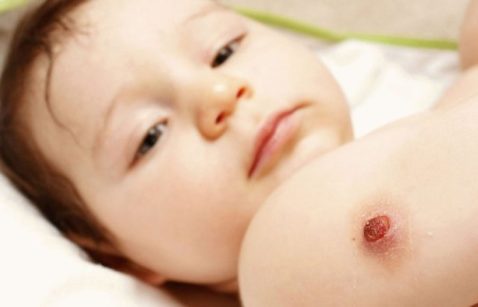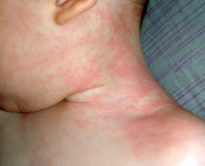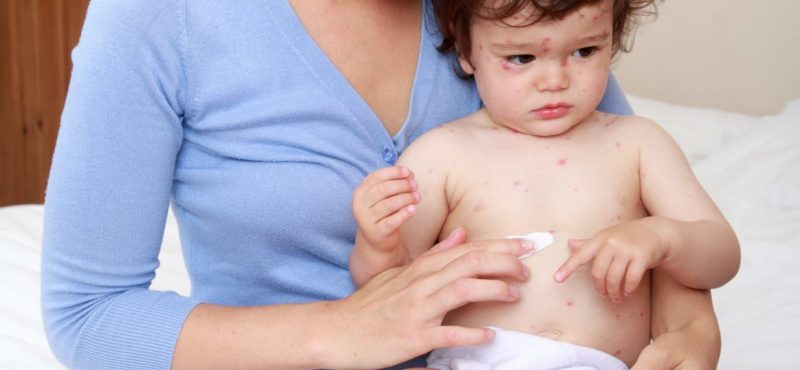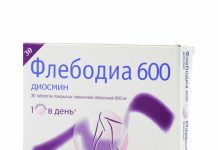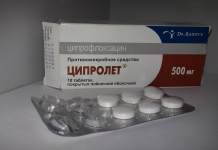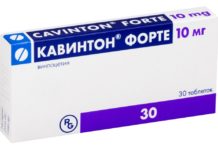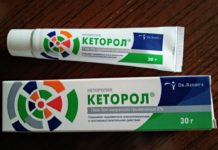Modern medicine, alas, has not yet learned how to completely destroy viruses inside the human body, only a vaccine is the only way to avoid a serious illness, reduce the risk of complications and further manifestations of viral activity.
One of the vaccines recommended by the Ministry of Health - vaccination against chickenpox for children - is not included in the mandatory list, but its importance for the future life of the child should be appreciated by each parent. In fact, the insidious herpes zoster is far from being as harmless as it seems.
Material Content:
Expediency
We are accustomed to consider chickenpox as a commonplace childhood disease that is easy and safe. Many parents even strive to ensure that the child suffers this viral infection before school, so that he acquires natural immunity from the disease in the future. The chickenpox vaccine for children in our country today is advisory in nature, that is, without parental initiative, they will not even offer to introduce it to the child in the clinic. Perhaps that is why few people wonder what kind of pathogen it is and what the immediate and long-term consequences of infection with it may be.
Chickenpox is a class of herpes infections. Bubbles with an infectious liquid that form during an illness are akin to those that appear on the lips and other mucous membranes and skin during an exacerbation of ordinary herpes, known to many adults. Human immunity takes all these viruses under control, but it is not able to completely destroy the enemy.
In moments of weakening of specific protection (whether it be stress, illness, chronic fatigue, old age, etc.), a malicious agent can reactivate and deliver a much more destructive blow than in childhood.
In what cases is chickenpox infection the most dangerous and it is better to choose a vaccination:
- The child is prone to allergies, it is difficult to endure previous cases of vaccination, the state of health is burdened with chronic diseases. The usual chickenpox, which occurs in most children easily, in some cases gives a rather difficult picture of the disease: high fever, severe intoxication with the waste products of the pathogen, a large number of rashes and severe itching. Subsequently, scarring of the tissue is possible. Vaccination against chicken pox contributes to either a complete absence of symptoms or a mild course.
- The child contacted more than once with the sick, but did not become infected. In this case, the danger is that he can get sick in adulthood. And many childhood infections become much more dangerous for this category of people and are manifested not only by severe symptoms, but also sometimes somewhat blurry. This threatens errors in diagnosis and treatment.
- Shingles (or herpes). The insidiousness of the chickenpox virus lies in the fact that it is hidden in the human nervous tissue. Immune cells in childhood during the disease develop protection from it, which lasts quite a long time. But the zoster cannot completely kill the herpes, it only plunges it into a sleeping state. You can live your whole life and not have more problems on this side. But there are often cases when in old age with a weakened immune system the virus raises its head and then the person is diagnosed with this disease. It proceeds very hard for the patient: severe pains of a nervous nature, rashes on the body all with the same vesicles, febrile events and a long course of the disease with periodic exacerbations subsequently. All this is superimposed on an already worn out organism, plus again the lack of effective drugs for viral infection! In addition, the patient becomes contagious again. Vaccination eliminates the possibility of contracting shingles.
- Urgent disease prevention. If the child was not sick earlier and suddenly found himself in contact with the carrier, and it is impossible to get sick at this time (a trip on vacation, plane tickets, scheduled competitions, etc.). Infectionists advise to be vaccinated against chickenpox within 3 days. So the protection from the virus will have time to form, and the disease, if it does, then in a mild form.
- The danger of complications after chickenpox, including pneumonia, encephalitis, various kinds of skin, joint and eye damage, autoimmune diseases. Sometimes, for reasons unknown to science, by attacking the virus, immunity cells destroy the body tissues, where it is located. So there are dangerous diseases such as diabetes, lupus. The virus is destroyed, and the autoimmune process cannot be stopped. Herpes zoster can cause a similar problem and it will have to be fought with for life.
- Danger of infection of a pregnant woman. The chickenpox virus can cause intrauterine damage to the child, so contact with patients should be avoided. And it is better to instill not ill family members in order to prevent danger. When planning a pregnancy for a woman who has not previously experienced this infection, it is better to get vaccinated in advance.
- It is necessary to get vaccinated to someone who himself has not been ill, but is in constant contact with people with immunodeficiency diseases. This is important to do so as not to become a source of mortal danger for them.
Vaccination features
Vaccination for children in our country is about 2 years old, since before that protection against maternal immunity and breastfeeding is still preserved: maternal antibodies still circulate in the blood of the child.In addition, up to two years, the child usually does not come into contact with a large number of children and rarely becomes infected with chickenpox. But it is permissible to start vaccination with one year.
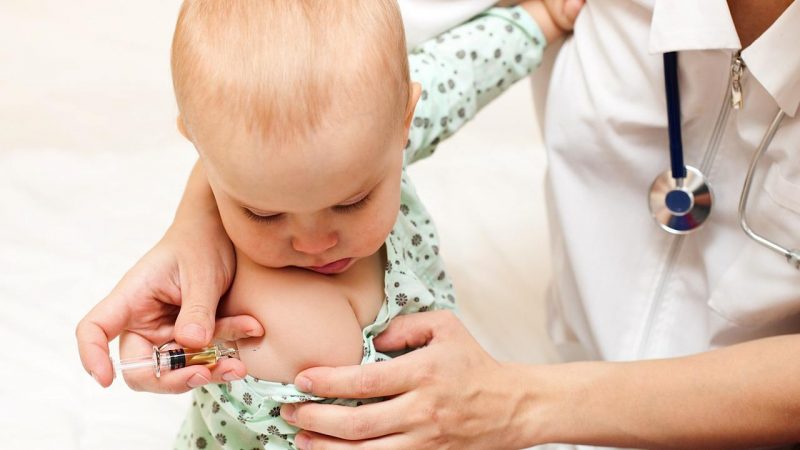
Doctors allow vaccination against chickenpox with others, but not with BCG. In many European countries, there is a multi-component vaccine, including chickenpox.
Considering that the virus is introduced, although weakened, but alive, another routine vaccination with live viruses is recommended not earlier than after 30 days. Inactivated vaccinations can be done anytime after chickenpox.
Preparing the child for the procedure
No special measures are required before vaccination. It is enough to make sure that the child is healthy, and during the last month he was not given an injection of another vaccine, the component of which was the unkilled virus.
For children prone to allergies, it will be wise to conduct antihistamine preparations: any usual allergy remedy can be given before vaccination for 4-5 days and after it. This will avoid possible troubles with a local allergic reaction to the components of the vaccine.
In some cases, in the presence of serious chronic diseases, the pediatrician can prescribe a blood test, in particular, to determine the number of lymphocytes in the blood. If there was a question about revaccination, in such children the level of antibodies to the pathogen is usually checked before being vaccinated again.
Chicken pox vaccine options
In our country, children are vaccinated with herpes zoster with one of two types of drugs, the main component of which is the living, but significantly weakened by biotechnologists, Varicella virus. He is not able to cause the disease, but will help the immune system to create a protective barrier that will work when he meets a wild pathogen of the same nature.
Belgian-made Varilrix vaccine, and Japanese Okavax vaccine. Both drugs are similar to each other, are administered subcutaneously in the same dosage. Immunity begins to be generated already from the first day of administration and reaches the optimal level in a month or a half.
Possible complications from vaccination
The most common nuisance that can happen with a vaccine is the body's reaction at the injection site. This is usually the forearm. Perhaps redness, tightening of the tissue, swelling and a feeling of slight pain in this place. A local temperature increase may be recorded, but this does not affect the general condition of the patient.
In rare cases, some individuals observed cases of a general increase in temperature, fever and mild rash. Infrequent complications are called a skin rash, runny nose, irritability, headache, pharyngitis and nausea.
How much is valid
Clinical trials have shown that the chickenpox vaccine is 100% reliable for at least 7 to 10 years. During this period, the risk of contracting is minimal.
In some countries of the world, children began to do it in the early seventies, and studies show that even after 30 years, some of the vaccinated still have some antibodies in their blood.
Due to the fact that in our country, at the request of parents, children began to be vaccinated against this infection relatively recently, only from the first decade of the 21st century, the question of the duration of effective protection against the vaccine remains open. Some experts believe that a vaccinated person, periodically meeting with carriers of the wild virus, is revaccinated naturally, constantly maintaining its own protective barrier.
Contraindications to vaccination
There is a list of conditions and diseases in which you can not use this vaccine:
- Diseases under development. Acute should be completely cured, chronic - enter into remission. At the time of vaccination, the inflammatory process in the body should not be.
- Pregnancy and the period before it is at least 3 to 4 months.
- Planned surgical intervention.
- An allergic reaction to the components of the drug.
- The introduction of immunoglobulins. Vaccination can be done only 6 months after.
- Serious diseases associated with a significant weakening of the immune system.
To date, the best prevention of chickenpox in relatively healthy people is the vaccine. It will not only not allow you to get seriously ill with this type of herpes, but also protect against severe recurring consequences in old age. World practice has shown the effectiveness of such protection. The plans of the Russian government in the coming years are to introduce this vaccine in the mandatory national calendar.



